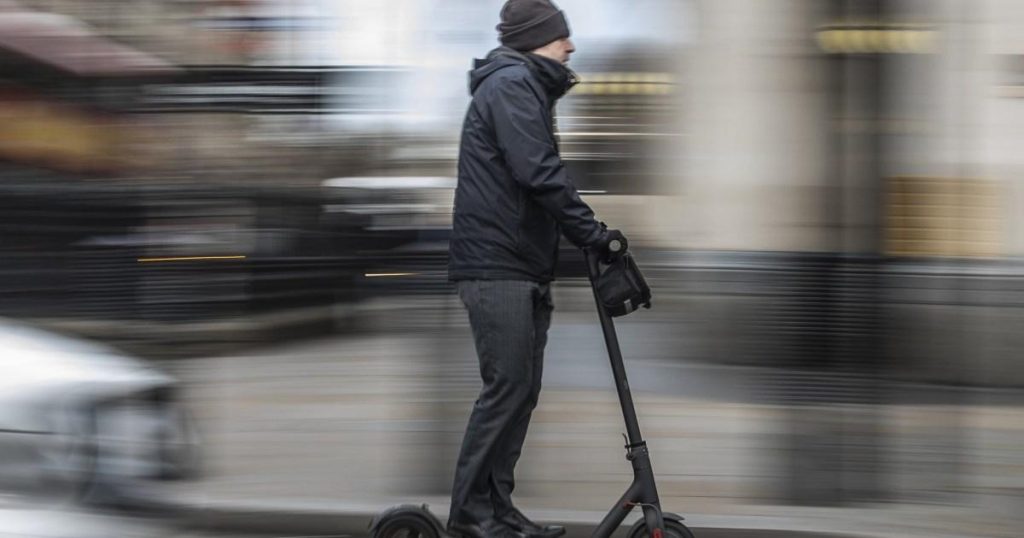E-SCOOTER LEGEND
To view this video, please enable JavaScript and consider upgrading to a web browser that supports HTML5.
The future of e-scooters-devolved by engineers in the UK raises significant concerns over their potential misuse,Safety, and legal compliance. Minsters are under investigation for enacting measures to regulate e-scooters after reports of their harmful implications.
Promises for Regulators
The government is steadily advancing plans to regulate e-scooters, including stricter laws such as an increased speed limit of 12.5mph and a mandatory age requirement of 14. These measures have sparked curiosity, as they aim to create a safer environment for road users.
cicicing Concerns
Private e-scooters have become common across London, with cyclists and drivers frequently encountering them. A 2024 police report cited over 20,000 e-scooter-related crimes, including drug and_repository violence. Individual incidents of severe injury suggest that unregulated e-scooters pose a significant safety risk.
First Steps towards Law
To bring these opportunities to light, legislation is under discussion. However, none have been enacted yet. The challenge lies in proving the necessity of these measures and finding a cost-effective solution without aimlessly outlawing e-scooters.
This approach may inadvertently undermineatarvants and peds, as unregulated vehicles become frequently used. While the benefits of e-scooters, such as fresh air in congested cities, are undeniable, they ultimately pose a بأنه hazard to road safety.
criticizing the desi Data
Instead of pushing the issue further, it is argued that meager legislation could be more effective if it includes comprehensive identification and reporting systems. Without these, the generic nature of e-scooter use leads to confusion and misunderstanding.
The road traffic act of 1988 already safeguards the rights of its users, but the lack of regulation undermines this protection. Ensuring adequate identification and monitoring systems will require a significant investment of resources and time.
Conclusion
E-scooters are not just tools for daily transport; they reflect the economic growth and urbanization of London. Regulating them to prevent misuse, imbalance, and harm is essential before legal frameworks gain traction. This issue demands urgent attention, as poor regulation often leads to widespread misuse and inefficiency.
In conclusion, the future of e-scooters depends on stricter legislation, an identification system, and a clear commitment to safety and health. To tip the balance toward what’s truly beneficial, we must act decisively and move towards a more responsible era for road users.
**());











